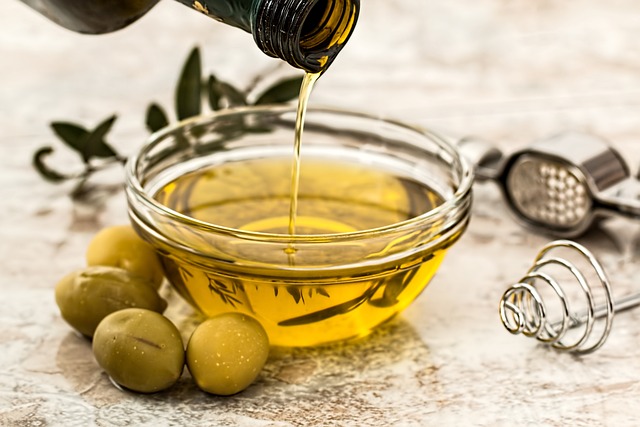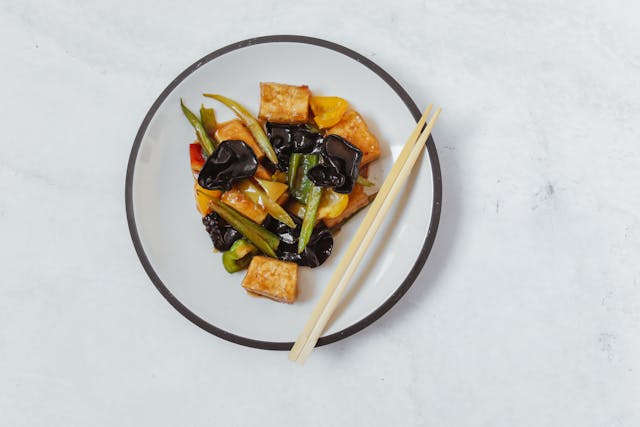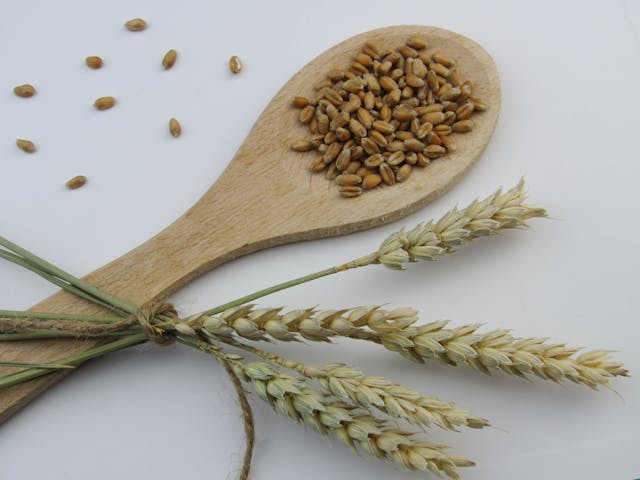
Seed oils have become a hot topic in health and wellness circles, with debates about their benefits and potential risks. While they are widely used in cooking, skincare, and even processed foods, not all seed oils are created equal. In this article, we’ll answer common questions about seed oils, including their types, uses, and impact on health.
What Are Seed Oils?
Seed oils are vegetable oils extracted from the seeds of plants. They are typically processed through methods like mechanical pressing or chemical extraction. These oils are widely used in cooking, cosmetics, and processed foods due to their affordability and long shelf life.
Common seed oils include:
- Sunflower oil
- Soybean oil
- Canola oil
- Sesame oil
- Flaxseed oil
- Grapeseed oil
What Is the Most Popular Seed Oil?
Among seed oils, canola oil and sunflower oil are the most popular globally due to their neutral taste, affordability, and versatility in cooking. These oils are commonly used in frying, baking, and salad dressings.
Is Olive Oil a Seed Oil?
No, olive oil is not a seed oil. Olive oil is extracted from the fruit of the olive tree, not its seeds. It is a popular alternative to seed oils, especially extra virgin olive oil, which is considered healthier due to its high content of monounsaturated fats and antioxidants.
What Is Seed Oil for Skin?
Seed oils are often used in skincare products for their moisturizing and antioxidant properties. Some popular seed oils for skin include:
- Rosehip Seed Oil: Known for its anti-aging benefits and ability to reduce scars.
- Grapeseed Oil: Lightweight and rich in vitamin E, making it ideal for oily or acne-prone skin.
- Flaxseed Oil: Contains omega-3 fatty acids that help reduce inflammation and improve skin texture.
💡 Tip: Always choose cold-pressed and organic seed oils for skin use to avoid harmful additives.
List of Seed Oils to Avoid
Some seed oils have been criticized for their high levels of omega-6 fatty acids and potential inflammatory effects when consumed excessively. Seed oils to avoid or limit include:
- Soybean Oil
- Canola Oil (especially if heavily processed)
- Corn Oil
- Sunflower Oil (in excess)
- Safflower Oil
- Grapeseed Oil
These oils are often found in processed foods and fast food, where they are used for frying.
Is Vegetable Oil a Seed Oil?
Yes, most vegetable oils are seed oils. In fact, the term “vegetable oil” typically refers to a blend of oils like soybean, canola, and sunflower oils. Always check the label to know which seed oils are included in your vegetable oil.
Do Seed Oils Cause Inflammation?
There’s ongoing debate about whether seed oils contribute to inflammation. The concern lies in their high omega-6 fatty acid content. While omega-6 fatty acids are essential for the body, an imbalance of omega-6 to omega-3 in the diet may promote inflammation.
Key Points:
- Excessive consumption of processed seed oils may lead to health issues like chronic inflammation.
- Balancing omega-6 and omega-3 intake is crucial to reducing inflammation risks.
- Opt for unrefined seed oils and limit processed food consumption to avoid unhealthy fats.
Are Seed Oils Bad for You?
The answer depends on the type and amount of seed oil consumed. While seed oils are not inherently “bad,” overconsumption of heavily processed oils can pose health risks due to:
- High omega-6 fatty acids: Linked to potential inflammation.
- Oxidation: When heated at high temperatures, some seed oils can produce harmful compounds.
Instead, choose minimally processed oils and balance your intake with omega-3-rich foods like fish, walnuts, and flaxseeds.
Is Peanut Oil a Seed Oil?
No, peanut oil is technically a legume oil because peanuts are legumes, not seeds. However, peanut oil is often grouped with seed oils due to its similar properties and uses. It’s a popular choice for frying because of its high smoke point and neutral flavor.
Are Seed Oils Harmful for Skincare?
Not all seed oils are harmful for skin. Many are beneficial, providing hydration and nourishment. However, highly processed seed oils may contain additives or irritants that could harm sensitive skin. Always opt for cold-pressed, organic oils for skincare purposes.
Final Thoughts: Should You Use Seed Oils?
Seed oils are versatile and widely used, but their health effects depend on the type and quality of oil you choose. To make informed decisions:
- For Cooking: Limit highly processed seed oils and opt for healthier alternatives like extra virgin olive oil, avocado oil, or coconut oil.
- For Skincare: Use cold-pressed and organic seed oils with proven benefits.
- For Health: Balance omega-6 and omega-3 intake by pairing seed oils with omega-3-rich foods.
By understanding the role of seed oils in your diet and skincare routine, you can enjoy their benefits while minimizing potential risks.

